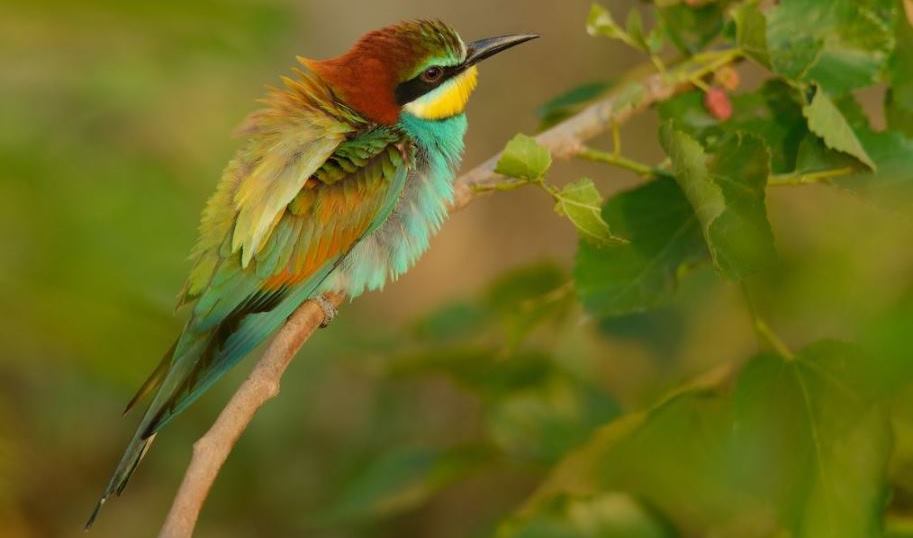On March 23, 2017, a coalition of five organizations kicked off a new initiative to promote and strengthen the EU ecological restoration agenda.
By signing a Memorandum of Understanding, Rewilding Europe, BirdLife Europe and Central Asia, WWF European Policy Office, the European Environmental Bureau, and the German Institute for Integrative Biodiversity Research (iDiv) launched this 3-year initiative, funded by WWF Netherlands.
The overall aim of the project is to strengthen the EU restoration agenda and ensure that specific actions are taken to create a coherent ecological network in Europe, by promoting and using rewilding principles.
Habitat loss is a major barrier to biodiversity conservation in the EU and achieving the goals of the Birds and Habitats Directives and the Water Framework Directive. Ecosystem restoration and connectivity – by restoring and maintaining large and inter-connected areas of high quality habitat such as wetlands and floodplains – is therefore of utmost importance for the conservation of nature in Europe in the years to come.
In this project, “rewilding” is presented as a multifaceted concept with three broad dimensions that interact with each other:
- Restoring and giving space to natural processes;
- Reconnecting wild(er) nature with the modern economy; and
- Responding to and shaping of cosmopolitan perceptions of nature conservation among European society.
There are a number of guiding principles that increasingly characterize rewilding as a distinct approach to conservation.
Frans Schepers, Managing Director of Rewilding Europe explains: “It is important that rewilding becomes recognized as a mainstream conservation approach in Europe. As it prioritises functional dynamics and processes, it is the only approach that can ensure effective ecosystem restoration”.
Rewilding can represent a more cost-efficient approach to ecosystem restoration. The goal is to restore dynamic and self-sustaining ecosystems and, where appropriate, stimulate new enterprise and economic activity. This opens up the prospect of significantly reducing recurrent management costs, and the opportunity to raise new investment and income streams, thus creating new incentives for stakeholders and local communities to value their natural capital and to support conservation.
Photo of European bee-eater in Danube Delta rewilding area, Romania by Kristjan Jung via Rewilding Europe.

